-
2 × $62.00
-
1 × $20.00
-
2 × $20.00
-
1 × $72.00
-
1 × $142.00
-
1 × $145.00
-
1 × $165.00
-
2 × $167.00
-
1 × $37.00
-
2 × $25.00
-
1 × $65.00
-
1 × $125.00
-
2 × $35.00
-
1 × $25.00
-
1 × $15.00
-
2 × $45.00
-
1 × $75.00
-
1 × $15.00
-
1 × $30.00
-
1 × $80.00
-
1 × $30.00
-
1 × $90.00
-
1 × $35.00
-
1 × $40.00
-
1 × $70.00
-
1 × $87.00
-
1 × $295.00
-
1 × $250.00
-
1 × $45.00
-
1 × $35.00
-
2 × $11.00
-
1 × $50.00
-
1 × $119.00
-
1 × $77.00
-
1 × $120.00
Dr. Paul Langlois – Managing Patient Emergencies
$59.00$199.00 (-70%)
- What happens when you take morphine, aspirin or nitroglycerine for cardiac conditions
Dr. Paul Langlois – Managing Patient Emergencies
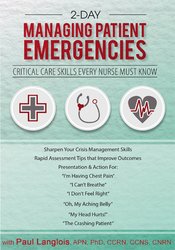
Imagine this… You have a 66 year old patient with type 2 diabetes receiving a high dose of steroids that is having problems breathing. They have a fever of 100.9, blood pressure is 90/60 supine – Plus, their white blood cell count is 12,000. They are also receiving a potassium rider and almost all of their labs are out of control. Which issue should you address first?
Split second decisions like this are stressful and with the number of patients you care for daily that require much more attention than your schedule allows for, how can you possibly do it all… You NEED to be able to rapidly assess and implement appropriate interventions to give your patients the best opportunities for recovery.
With over 30 years of experience managing patients with life-threatening diseases, Dr. Paul Langlois will guide you step by step through symptoms, tests that will verify a diagnosis, and treatment options for various body systems including:
- Cardiovascular
- Respiratory
- Endocrine
- Gastrointestinal
- Neurological
- Renal
Leave this online course with sharpened skills and be prepared to identify and manage your next patient emergency without hesitation!
Here’s what you will learn in this comprehensive online course:
Managing Patient Emergencies: Critical Care Skills Every Nurse Must Know
Module 1
- Identifying red flags
- Initial steps to take in a patient emergency
- Rapid assessment techniques you can use immediately
Module 2
- Components of an ECG
- Symptoms and treatment of metabolic acidosis & alkalosis
- Treating respiratory acidosis & alkalosis
- Identifying cardiac complications using an ECG
Module 3
- Case study to strengthen cardiac learnings
- What happens when you take morphine, aspirin or nitroglycerine for cardiac conditions
- Assessment strategies for the heart
- Exams to reveal pericarditis and cardiac tamponade
Module 4
- Symptoms and treatment of Aortic dissection
- Case studies with x-rays
- Classifications and stages of heart failure
Module 5
- Interventions for various cardiac conditions
- Preparation and criteria for intubation
- Management strategies for DKA
Module 6
- Causes, symptoms and consequences of pancreatitis
- Strategies to stop upper & lower GI bleeds
- What Diverticulosis and Diverticulitis look like and how to manage it
Module 7
- Traumatic brain injuries and their implications
- Treatment of elevated ICP
- How to avoid EVD complications
Module 8
- Diagnosis and treatment of ischemic and hemorrhagic stroke
- Ischemic stroke treatment for patients beyond the 4.5-hour window for TPA
- Intracerebral hemorrhage guidelines
Module 9
- Classifications/stages of acute kidney injury
- How to manage pain using opioids, nonopioids muscle relaxers and more
- FDA statements about heart attack and stroke
Module 10
- Agitation management strategies
- How to prevent delirium
- Case studies to apply what you have learned







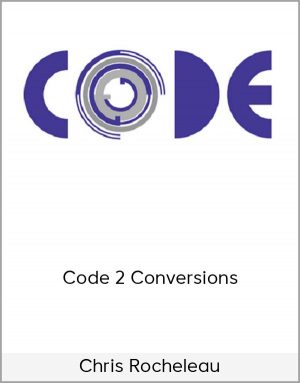

















































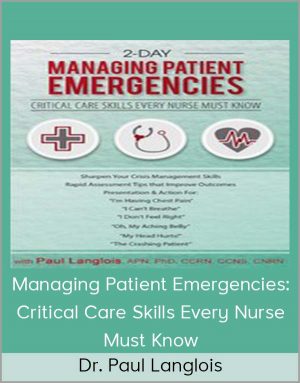

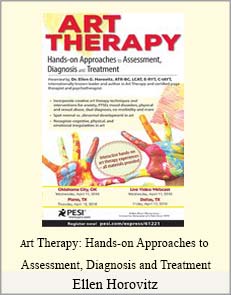










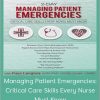
Reviews
There are no reviews yet.